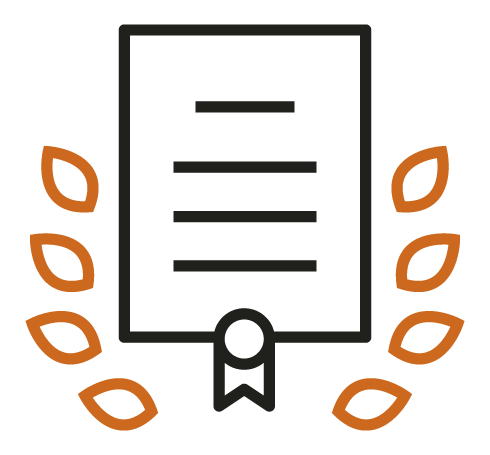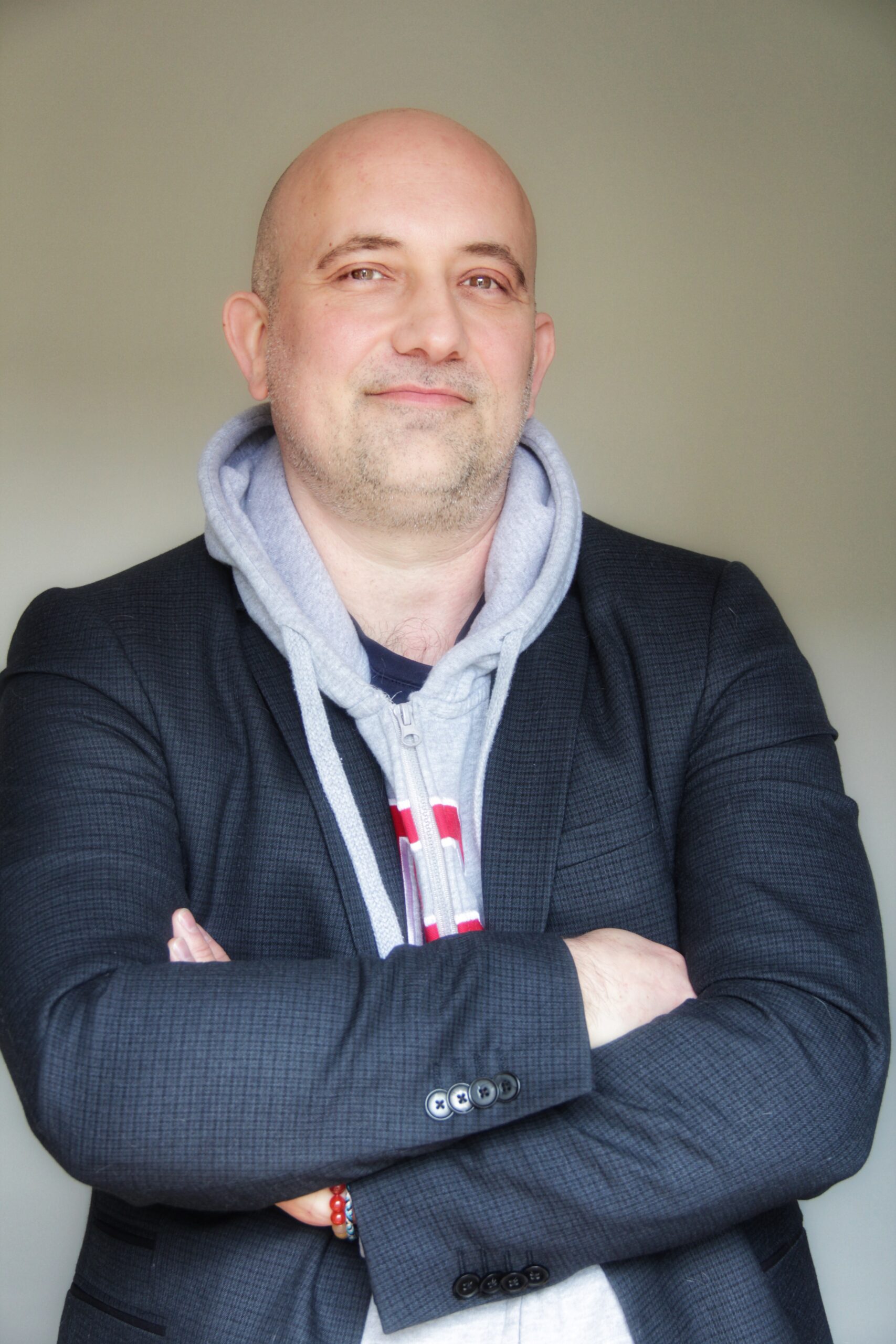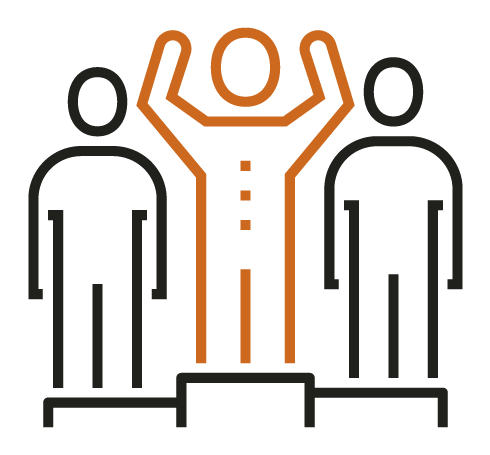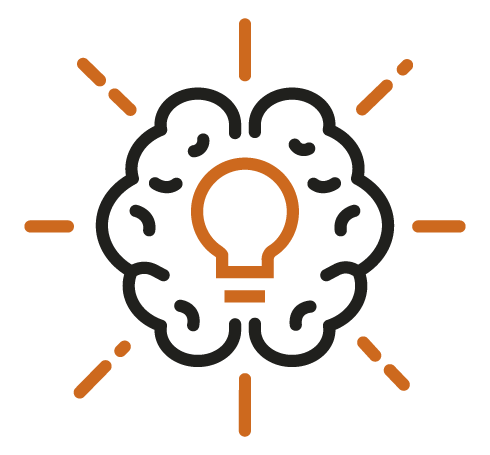WHO AM I ?

A TRAINED AND CERTIFIED PROFESSIONAL
Being a coach could obviously not be possible without having trained by experienced and recognized professionals. Member of the EMCC, I am a professional coach certified at the Paris School of Patrician Psychologists. I am also certified in collective intelligence and team coaching at IFOD.
Coming from the business world, trained in engineering and business administration with a particular taste for entrepreneurship and strategy, I support leaders and their committees, managers and their teams, entrepreneurs; I practice coaching focused on the person, the relationship, the team, and the organization.

AN ATYPICAL CAREER
During this journey I have experienced and been confronted with the difficulty of changing, of having to evolve, to get out of my frame of reference to deal with uncertainty in a certain way; that of the company, the profession of manager and entrepreneurship.
The common thread that connects the whole: the human. I have always been intuitively and naturally convinced of the importance of the relationship with others as the cement of the development, support and success of my teams, my artists, my clients. Working collectively with my colleagues, my superiors, all in all to act “in the service of”, in a spirit of co-construction, has always been part of my DNA.
The profession of support and my training as a professional coach were therefore obvious: having myself been confronted with the need to change, having managed to cross many stages in my professional life, I choose to share these acquired experiences to support others. I help people and organizations achieve their goals, while exercising my values of mutual assistance, team spirit, sharing, benevolence, respect, and enthusiastic effort.

BEING A COACH IS BEING THE CATALYST OF YOUR PROFESSIONAL CHANGE
I believe in the possibility of change; I believe in the resilience of human beings combined with their ability to find solutions to successfully change and adapt. I believe that everyone can succeed in living the professional life that he or she wants. In this quest, the coach is the catalyst for the transformation of his client, his role is kinetic, he aims to set him in motion, without modifying either the direction of his evolution, or the composition of the system resulting from the targeted transformation. The coach provides his client with a new and empty space which is exclusively reserved for him, which he will be able to use to unfold and change.

MY REFERENCE FRAMEWORK
The coach’s frame of reference represents all of his knowledge and professional culture, his knowledge of theories, his training and his technical skills. In other words, his way of apprehending the world through his own “glasses”. And our perception of reality can be very different from that of others.
The human being in his environment: gestalt and transactional analysis
The therapeutic work that I have been engaged in for many years now has made me discover different approaches, such as transactional analysis and humanistic psychology. The latter, pragmatic, offer principles and techniques that can be used in coaching: the here and now of Gestalt, with its theory of the Self, the states of the Ego, the psychological games, the confrontations, the scenarios and life positions that transactional analysis. These approaches make it possible to integrate the satisfaction, the freedom of being and the creativity of the human being in his environment, so that the whole prospers. Derived approaches, such as Taibi Kahler’s PCM (Process Communication Management) based on transactional analysis, allow from an individual or team personality profile to consider the behavioral axes of work.
The human being in his environment: the systemic
My spectacle lenses are also tinted with the systemic model, born of a convergence of systems theory and communication theories. This approach focuses on the individual in his relationships with others and offers ways of thinking that lead to effective and simple solutions to implement. The individual is a system, which is part of a larger system that cannot be ignored in a coaching work (identification and reconfiguration of homeostasis).
Emotional intelligence as a fundamental contribution to leadership development
Certified EQ-i 2.0 by the Center for Emotional Intelligence, I have acquired the conviction over the course of my coaching that mastering oneself and one’s emotions is the start of all personal and professional development. Steve Stein’s Emotional Leader (EQ-Leader) approach combines 6 Emotional Skills with the 4 “pillar” dimensions of the modern leader: Authenticity, Coaching, Perspective, and Innovation, along with 4 Leadership Reducers. The EQ-i is a reliable, valid and unique approach, which allows to link the 15 skills of the inventory between them (you visualize the large gear wheels of the Charlie Chaplin “modern times” ?). In particular, each skill is directly linked to three other skills, which allows you to develop your less used skills through those that are better mastered. This pragmatic approach allows the professionals I accompany to make leaps in terms of self-knowledge and leadership.
Neurosciences or how to address the “representations – perceptions – behaviors” triptych
It seemed essential to me to have to master the neurological and cognitive factors that underlie the construction of representation systems and their impact on the initial decisions of the brain that impact behavior. Neurosciences make it possible to make an additional diagnosis and define a more precise intervention strategy with the aim of tailor-made support.
The team-brain analogy as a model of collective intelligence for the group
For a team to function as a collectively intelligent group, it is essential that it nurtures transformational values (innovation, risk-taking, information sharing, delegation, etc.) as well as cohesive culture values (shared values and vision , openness, transparency, integrity). When the conditions are met, the team can begin to work in collective intelligence, that is to say as the brain does: on the left the processing of information and the ability to organize itself, on the right creativity and human management, the whole being consolidated by the meta capacity (self-observing to adjust and progress) without which the continuous and autonomous improvement of the team’s processes is not possible.
The client’s metaphor and language
Convinced that language is key in the representation of the client, I use the metaphor in its perspective: my coaching can integrate explorations alternating the rationality and the power of the image, the logic of the left brain with the metaphorical thought of the right brain (clean language and clean coaching).
The framework of the relationship and the alliance
Ensuring the framework guarantees the quality of the coach-coachee relationship. This quality of relationship ensures security and freedom, which in turn allow changes of perspective and action. Creating this relationship of trust in an alliance perspective can only support the client to achieve the desired result. I am concerned to maintain this relationship while remaining responsible for the framework, the work objective and the duration of the coaching.
Knowledge of the business world and entrepreneurship
I have spent more than 23 years in companies, including 10 as a senior executive in international environments and 3 as an entrepreneur. This knowledge of the company and its organizational methods establishes my legitimacy to intervene in the field of the professional life of my clients.
© Copyright 2022 – Une refonte Horizon Créa



